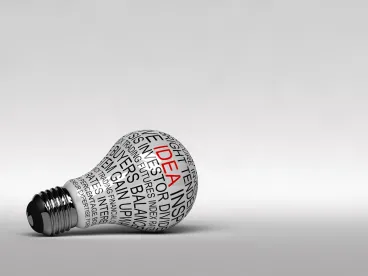Please find below a case summary of a Federal Circuit decision from this month that has patent exhaustion and licensing context.
In High Point SARL v. T-Mobile USA, Inc., No. 15-1235 (Fed. Cir. Feb. 16, 2016), the Federal Circuit affirmed the district court’s determination that High Point’s claims were exhausted under the doctrine of patent exhaustion by licenses given by AT&T to Lucent, Siemens and Ericsson.
First, the Court construed “any or all products and services of the kinds” in the broad licensing agreement to cover products broader than those that had the “same features or functionality” as those sold at the time of execution of the agreement when the protected products and services are described in general functional terms.
Second, Siemens’ license to divestitures including a license to a divestiture that was a joint-venture with a third-party Nokia was valid. This was proved by contrasting evidence of another license agreement executed in the same month to Philips that prohibited a license to any third-party.
“to any future divested present business of Philips or of the three [AT&T] entities by the divesting company. Such sublicenses may be granted and retained only while the future divested business operates as a separately identifiable business and not for an existing or other acquired business of a third party acquiring the future divested business and only to the extent applicable to those products and services sold by the future divested business which are substantially similar to products and services sold by it prior to its divestiture.”
Third, LM Ericsson’s contractual right to grant retroactive sublicenses to its subsidiaries was not extinguished when the licensed patents expired in July 2011 and all the sales of subsidiaries were authorized even without the formal grant of the right to the subsidiaries. Ericsson had a right to grant its US subsidiary a license that would have immunized against any infringement claims.
Last, if the use of any unlicensed equipment was related to well-known prior art elements of the claim and not the novel or inventive concept then patent exhaustion applies based on substantial embodiment of the inventive concept in the licensed products.
You can read the full case here.


 />i
/>i

